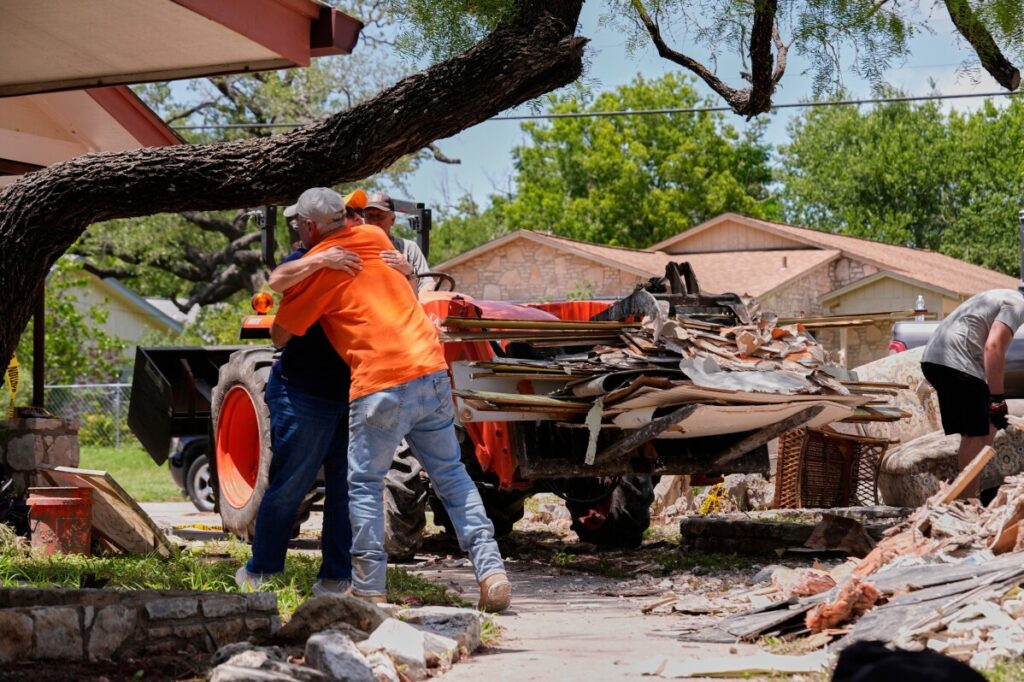FEMA Faces Crisis as Workforce Cuts Threaten National Disaster Readiness
Amid sweeping staff cuts and funding slashes, FEMA employees rally to defend the agency’s essential mission—warning that dismantling FEMA jeopardizes the safety of all Americans.

Outside FEMA headquarters in Washington, D.C., a group of current and former agency workers rallied to sound a stark alarm: America’s disaster response is being dismantled from within. This isn’t a simple bureaucratic shuffle—it’s a direct threat to national security at a time when natural disasters are intensifying with alarming frequency.
With nearly one-fifth of its permanent workforce gone, including senior officials vital for leadership, FEMA faces an unprecedented crisis. And behind this unraveling lies a troubling political agenda that puts ideological ambitions over American lives.
Why Is The Administration Gutting Our National Disaster Defender?
President Trump has toyed publicly with eliminating FEMA, while Secretary Kristi Noem has authorized drastic staff cuts and imposed restrictive spending controls that slowed critical rescue operations during deadly Texas floods. These decisions starkly contrast with America First principles—that government exists primarily to protect its citizens’ security and liberty.
The consequences are clear: fewer boots on the ground when storms strike, delayed aid for communities in crisis, and weakened preparedness programs crucial for resilience. When officials interfere with disaster relief efforts to advance political goals—such as mandating FEMA personnel support immigration enforcement—they fracture trust and distract from the agency’s core mission.
Who Pays The Price For Washington’s Reckless Choices?
It is hardworking Americans living in flood zones, tornado alleys, wildfire-prone regions—those who rely on prompt federal assistance when catastrophe strikes. For families still recovering from past disasters like Hurricane Katrina or the Oklahoma City bombing aftermath, these cuts aren’t just numbers but threats to safety and survival.
FEMA employees standing up against this decline risk their careers to protect what remains of our nation’s emergency infrastructure. Their public dissent spotlights a grave failure of leadership demanding urgent congressional oversight.
Thankfully, bipartisan lawmakers are pushing back with the “FEMA Act,” aiming to restore the agency’s prominence by returning it to Cabinet-level status and simplifying aid processes—steps toward putting American interests first once again.
No one should question why America needs a robust FEMA today more than ever. The real question is how long will Washington permit political agendas to weaken an institution tasked with safeguarding freedom through security?
The future of millions depends on holding leaders accountable and ensuring FEMA can fulfill its sacred duty: saving American lives without delay or distraction.
